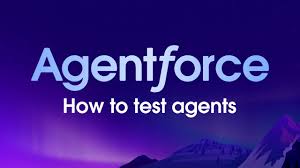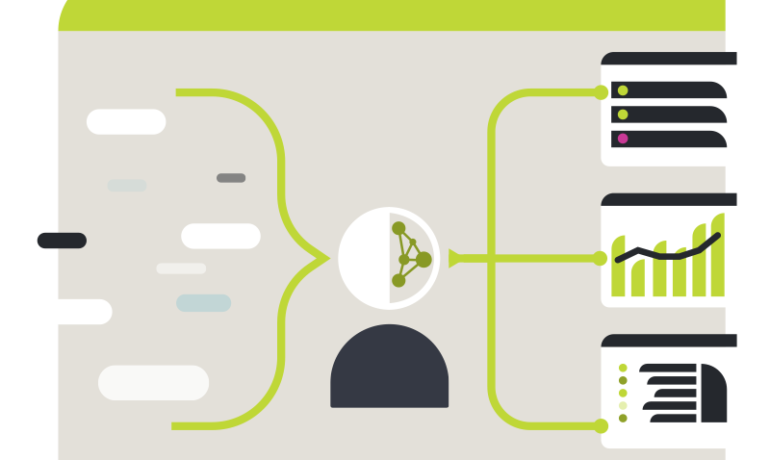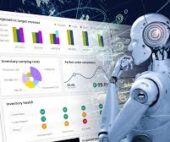Agentforce Testing Tool
Salesforce Unveils Agentforce Testing Center: A Breakthrough in AI Agent Lifecycle Management Salesforce, the global leader in AI-powered CRM solutions, has announced the Agentforce Testing Center, a first-of-its-kind platform for managing the lifecycle of autonomous AI agents. This innovative solution enables organizations to test AI agents at scale, leveraging synthetic data in secure environments, while ensuring accurate performance and robust monitoring. Designed to meet the unique demands of deploying intelligent AI agents, the Agentforce Testing Center introduces new tools to test, prototype, and optimize AI agents without disrupting live production systems. Core Features of the Agentforce Testing Center Why It Matters Autonomous AI agents represent a paradigm shift in enterprise software, capable of reasoning, retrieving data, and acting on behalf of users. However, ensuring their reliability and trustworthiness requires a robust testing framework that eliminates risks to live systems. The Agentforce Testing Center addresses these challenges by combining: “Agentforce is helping businesses create a limitless workforce,” said Adam Evans, EVP and GM for Salesforce AI Platform. “To deliver this value quickly, CIOs need advanced tools for testing and monitoring autonomous systems. Agentforce Testing Center provides the necessary framework for secure, repeatable deployment.” Customer and Analyst Perspectives Shree Reddy, CIO, PenFed:“With nearly 3 million members, PenFed is dedicated to providing personalized, efficient service. Using Data Cloud Sandboxes, we’re able to test and refine AI agents, ensuring they deliver fast, accurate support that aligns with our members’ financial goals.” Keith Kirkpatrick, Research Director, The Futurum Group:“To instill trust in AI, businesses must rigorously test autonomous agents. Salesforce’s Testing Center enables confidence by simulating hundreds of interaction scenarios, helping organizations deploy AI agents securely and effectively.” Availability A Competitive Edge in AI Lifecycle Management Salesforce’s Agentforce Testing Center sets a new industry standard for testing and deploying AI agents at scale. By providing a secure, scalable, and transparent solution, Salesforce enables businesses to embrace an “agent-first” approach with confidence. As enterprises continue adopting AI, tools like the Agentforce Testing Center will play a critical role in accelerating innovation while maintaining trust and reliability. Like Related Posts Salesforce OEM AppExchange Expanding its reach beyond CRM, Salesforce.com has launched a new service called AppExchange OEM Edition, aimed at non-CRM service providers. Read more The Salesforce Story In Marc Benioff’s own words How did salesforce.com grow from a start up in a rented apartment into the world’s Read more Salesforce Jigsaw Salesforce.com, a prominent figure in cloud computing, has finalized a deal to acquire Jigsaw, a wiki-style business contact database, for Read more Health Cloud Brings Healthcare Transformation Following swiftly after last week’s successful launch of Financial Services Cloud, Salesforce has announced the second installment in its series Read more
















